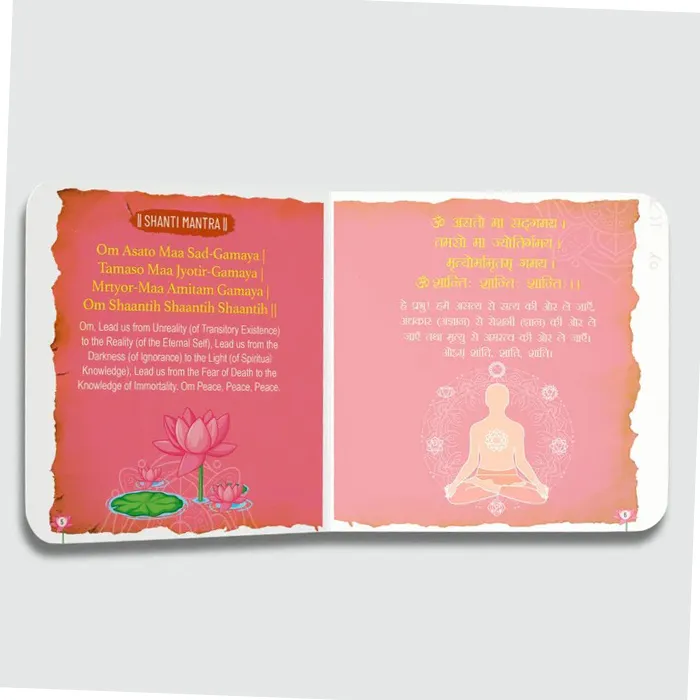Everything we do, including the hard work, the sacrifices we make, and our acts of selflessness, are aimed at ultimately being happy. Yet, when we look around, we find suffering everywhere, and it seems to be increasing with the passage of time.
Why do we suffer when our aim is to be happy and our efforts are geared to that end? The reason is that often, in our pursuit of happiness, we are short-sighted and make choices or act in ways that bring us sorrow, regret and even a lifetime of guilt and repentance. This happens when we violate laws to get quick results, forgetting the inviolable law of karma—we reap what we sow.
Nearly everyone is aware of this law, then why do we act against its principles? That happens when we are in the grip of a weakness. Any weakness or defect is a form of impurity. The human soul is originally pure, and anything that violates its purity robs the soul of some of its value, which can only result in sorrow.
Impurity comes in many forms. If we are selfish, we may do things the way we want, ignoring the problems it may be causing for others, but we will have to pay the price for this one day. Selfishness will harm our relationships, rob us of the goodwill and cooperation of others, and leave us isolated.
Selfishness can be driven by vices such as lust, anger, greed, attachment and ego.
Lust makes us possessive, dependent and insecure. It erodes our self-respect and robs us of purity and peace. The soul then seeks fulfilment in gratification of desires, becoming a slave to the senses.
Similarly, anger burns the self, destroying one’s peace and strength, leading to loss of control over one’s thoughts, words and actions. Angry people often say or do things that they regret the rest of their lives.
Greed, similarly, makes us dishonest, self-centred, possessive, and exploitative. The desire to acquire, accumulate or consume may bring temporary gratification, but one soon starts seeking more of the same or something else to feel happy and fulfilled. The soul is always discontented, no matter how much material resources it has.
Attachment makes us dependent on the person, place, object, idea or circumstance to which we are attached, and when any of these is taken away or changes, we suffer.
Ego makes us callous and hurtful, ultimately leaving us isolated. An egotist quickly feels slighted, and so is rarely in peace.
These are just some of the forms in which impurity manifests itself. Jealousy, laziness, hatred and fear are some of the other forms in which it harms the soul.
All these, one might assume, are but natural to experience in life. That is not so. When we understand that negativity of any kind causes suffering, it becomes easier to put in the necessary effort to keep ourselves positive in the face of testing situations or people. We must remember that we are doing it for our own sake and not to please others.
B.K. Mruthyunjaya is Executive Secretary of the Brahma Kumaris.













